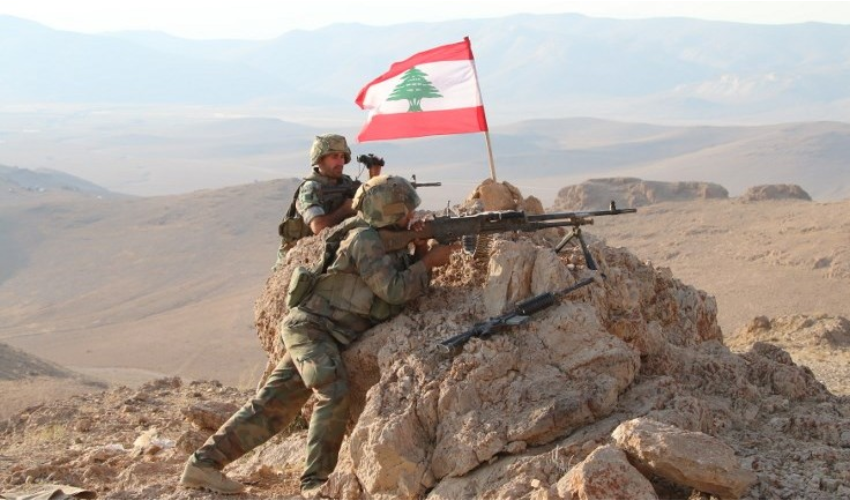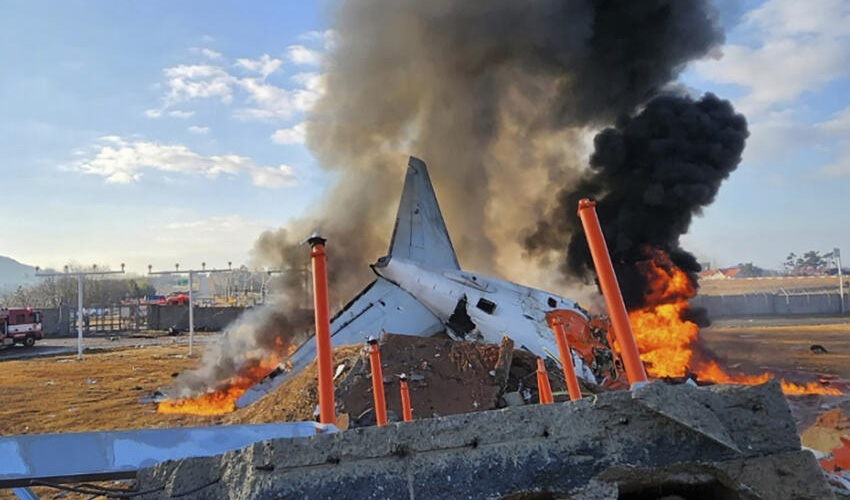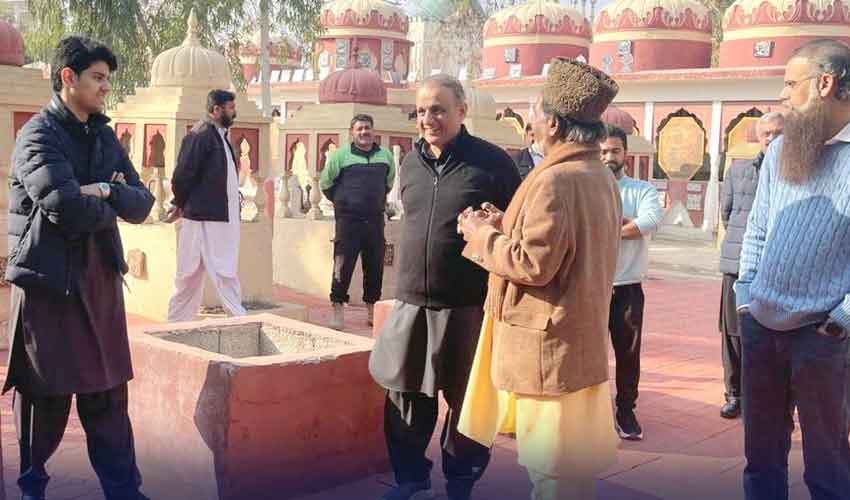Lebanon’s caretaker PM addressing journalists in the capital Beirut reiterated commitment to an immediate ceasefire in Lebanon while adding that the government is ready to deploy army in the south.
The Israeli army has launched raids on several areas in southern Lebanon, including al-Abbassieh, Harouf, and Bedias, as reported by sources on the ground. These raids come amid escalating tensions between Israel and Hezbollah, with reports of Israeli troops entering Hezbollah tunnels along the border during small-scale operations.
US media reports indicate that these raids could be a prelude to a larger ground operation, though Israel is currently under heavy pressure from the United States to delay any major military offensive.
As the conflict intensifies, the humanitarian crisis deepens. More than 100,000 people—both Lebanese and Syrian nationals—have fled Lebanon for Syria since the outbreak of violence between Israel and Hezbollah this month, according to Filippo Grandi, the United Nations High Commissioner for Refugees (UNHCR).
In the last week alone, Israeli bombardments have claimed the lives of over 700 people in Lebanon, including 14 paramedics in the past two days, adding to the mounting death toll.
Mohammed Saleh, a Syrian refugee in Lebanon, shared his experience of displacement with Al Jazeera, reflecting the grim reality of the region’s refugee crisis. "We were forced to leave Syria and come to Lebanon, where we were welcomed with great hospitality. Now we are going back to Syria," Saleh said. "Lebanon is also our country, and we feel very sad to leave. The Israelis have attacked and destroyed our second home. I cry because of the children who were killed by the Israelis."
The situation remains dire, as tensions continue to escalate and the humanitarian toll worsens, displacing thousands and leaving devastation in its wake.



























